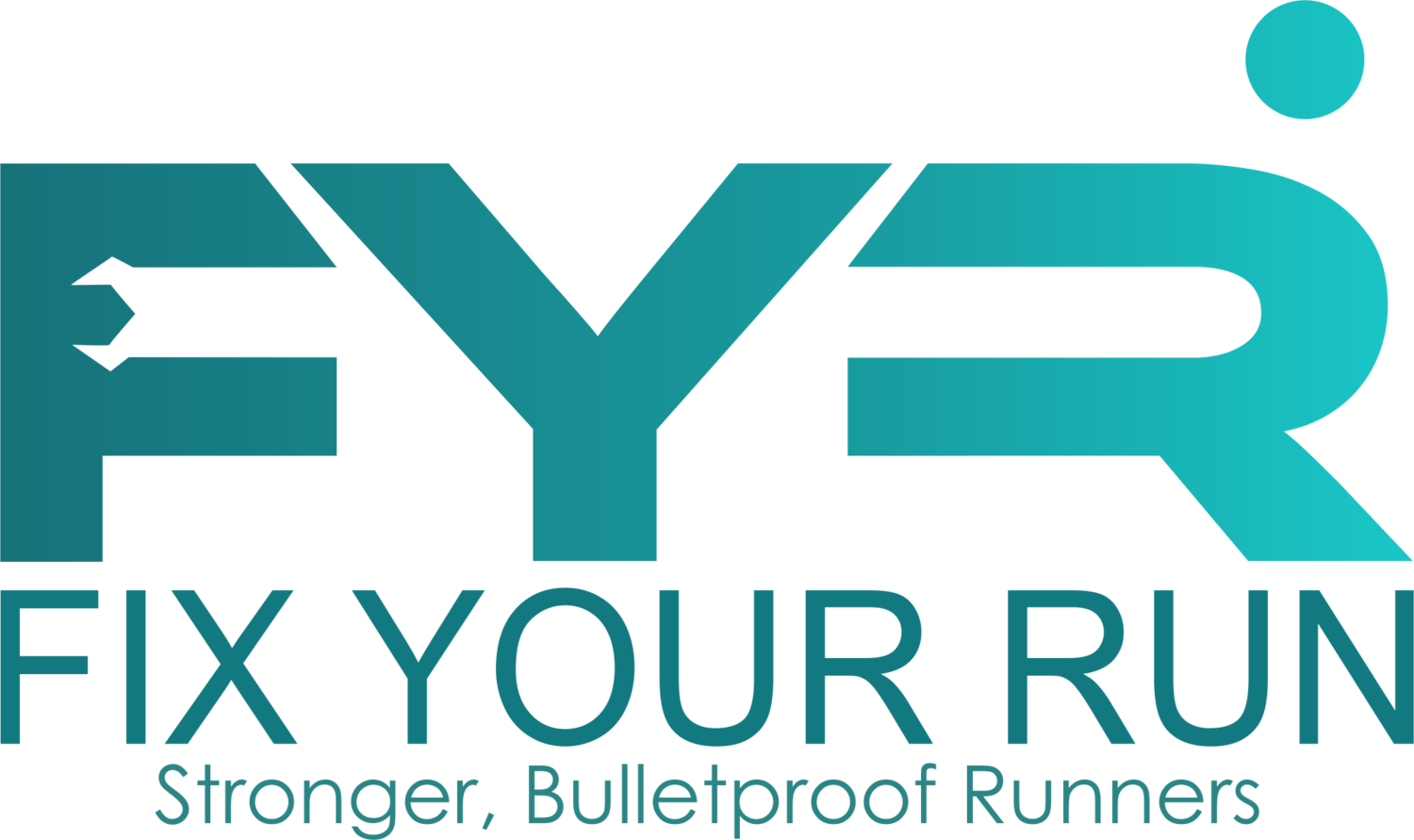It's All About The Process
 My goal is to run sub 20 minutes for 5K on Sunday.
My goal is to finish an olympic distance triathlon in under 3 hours next year.
My goal is to run sub 20 minutes for 5K on Sunday.
My goal is to finish an olympic distance triathlon in under 3 hours next year.
My goal is to win my age group on October 23 at the Running For Answers 5K.
My goal is to finish the Philadelphia Marathon this November.
These are all examples of “outcome-based” goals. They're nice and all, but in a sense they won't help you get anywhere because they are only the first step in the goal setting process. It's kinda like wanting to drive across the country to a particular town. Once you decide on a town (the result, or outcome), then you need to set some goals as to how you're going to get there. The process of actually getting there.
What you need is control over your goals.
I mean, if you go into a marathon thinking only of your finishing time there's a good chance you're going to suffer severe cramping at mile 23... or earlier!
Instead, you should ALWAYS focus on goals that relate to the process and not the outcome. The goal should be something you can control. There is no way you can control who shows up on race day. Therefore it's rather pointless to solely focus on winning your age group. Rather, you are better off focusing on the aspects of the race that you can control. Pacing, hydration, nutrition and relaxation are all variables YOU control.
I'm a big advocate of breaking down the big goal into smaller and smaller bits. Let's examine the goal of finishing a marathon.
First, we state the outcome goal to our friends and family: “I finish the Philadelphia Marathon on November 20, 2011.” Cool. Now you've put it out there and you'll be held accountable. Do not skip this part.
Now let's break it down and set some goals based on the procedure necessary for finishing the marathon.
Do you know how to train for a marathon? Reading, joining a club and hiring a coach are all great ways to inform yourself. So your goal might be to obtain a training plan by August 7.
Now that you have a plan, your goal might be to hit 90% of the workouts each month. In my experience, the athlete that does at least 90% of the work will do just as well as the athlete who does 100%. Life happens and when we expect to hit 100% we set ourselves up for failure.
Most would agree that long workouts are essential to marathon success. Instead of focusing on running 9 minute mile pace the whole way, why not focus on running at the correct effort? Nine minute pace might not be the optimal pace for you that day if it's hot or you're not feeling your best or while running up a steep hill. In addition, focusing on drinking and eating what you need at the correct times is a great way to stay “process oriented”.
When race day arrives, you should be process oriented the whole way. Your thoughts should be in the moment.
In other words, focus internally on your pacing, your effort, perhaps your heart rate if you have a monitor.
Control your excitement at the beginning by doing the opposite of everyone else and run slower than your goal pace. Look forward to blowing past them later ;-)
Focus on relaxing and expending as little energy as possible.
Perhaps walk the water stations to allow for proper hydration / gel intake and to sneak in some recovery. For example, every 40 minutes eat a gel pack.
Don't forget that enjoyment is the secret to it all. Be sure to appreciate and enjoy what you're able to do!! This is what life is all about, eh?
If you focus on doing the things you need to do, the result
just happens. Your finish time is a product of doing the process to the best of your ability. So go ahead and set a time goal, then forget about it while you go check things off of your “process” goal list.
This applies to any kind of goal you may have whether it's performance, nutrition, career, etc. You want to lose 5 lbs? That's nice. Instead of “I weigh 5lbs lighter on August 31”, try “I will eat 6 servings of vegetables everyday.” Before you know it, the pounds will have come off simply because you've focused on the BEHAVIOR and not the outcome.
Now go DO IT!


